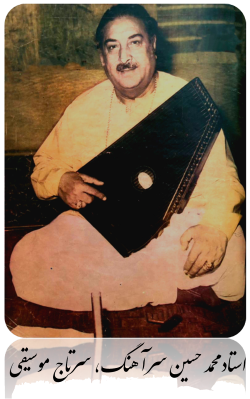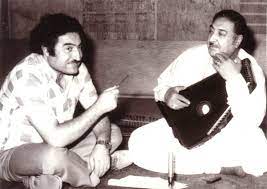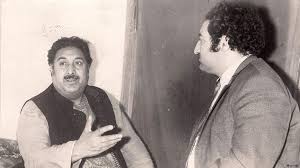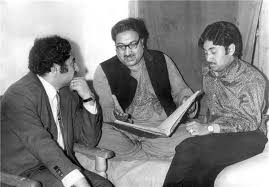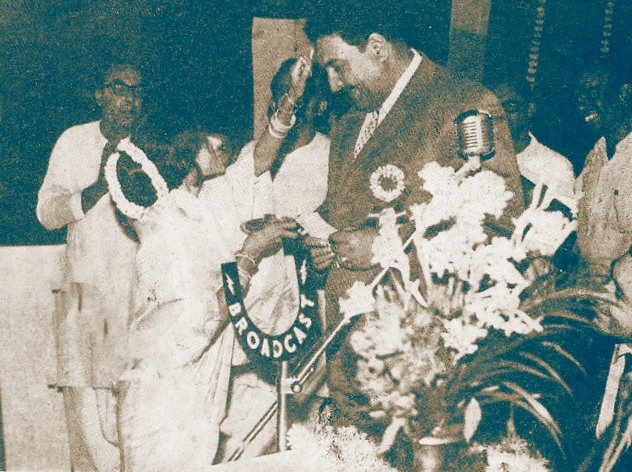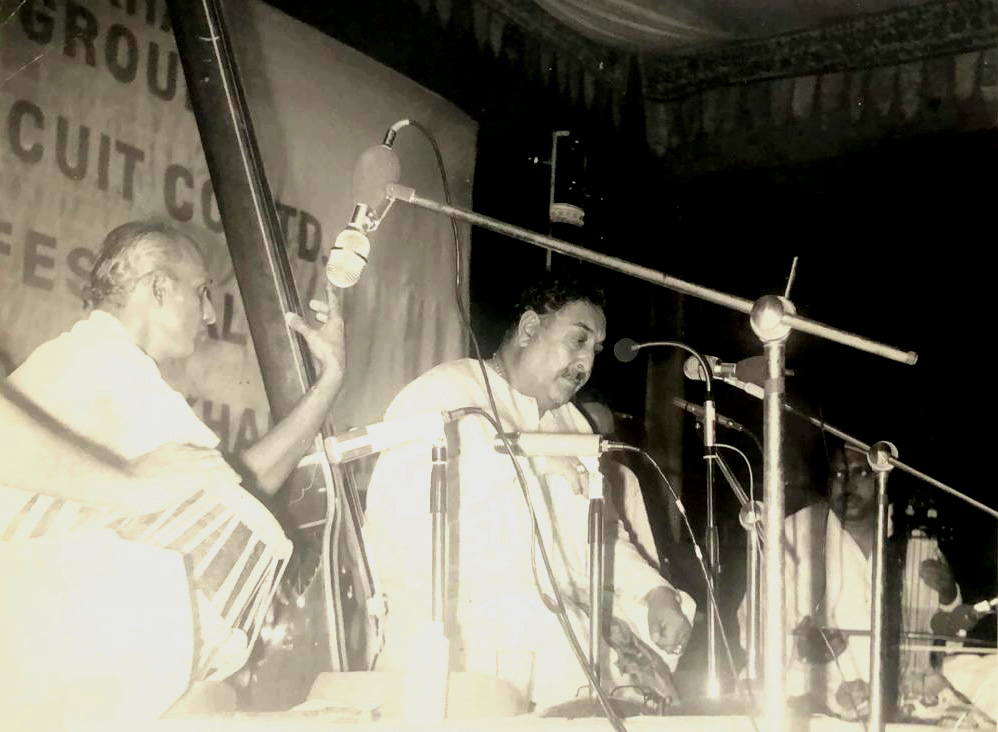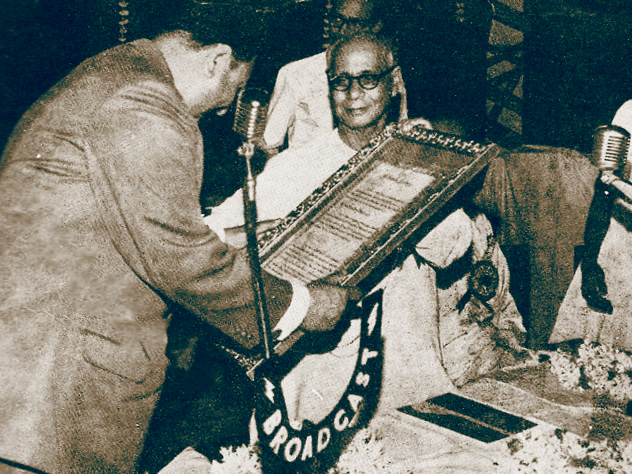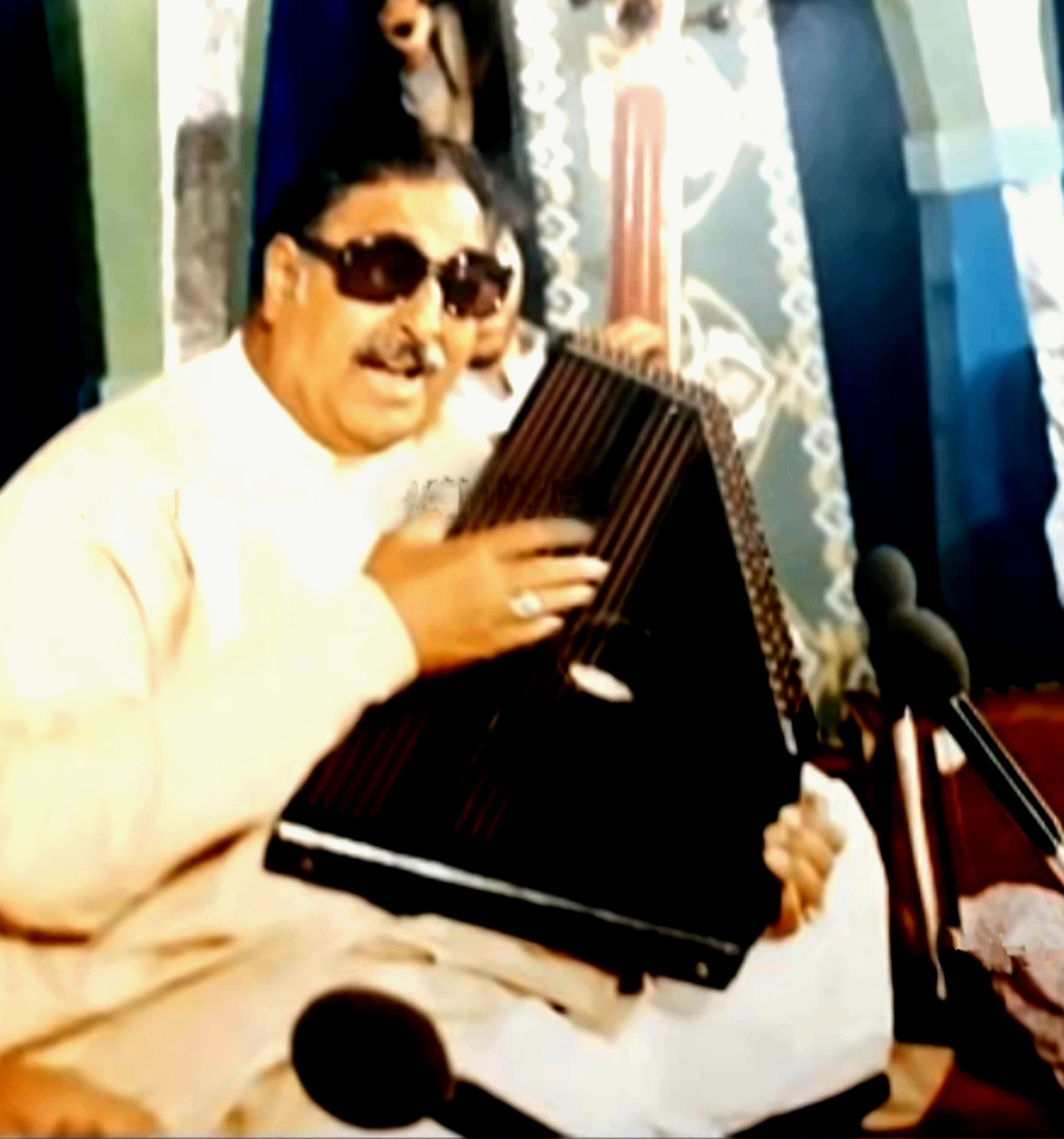زنده گینامه استاد محمد حسین سرآهنگ
استاد محمد حسین سرآهنگ در شب براتِ سال ۱۲۹۶ خورشیدی در گذر خواجه خوردک یا خرابات کابل در خانوادۀ استاد غلام حسین خان به دنیا آمد. پدر بزرگش عطا حسین خان نام داشت. پدر بزرگ مادری استاد سرآهنگ، گامو خان و جد او عبدالقادر نام داشت که از موسیقیدانان بزرگ عصر خود بود. عبدالوهاب مددی در شماره اول سرطان ۱۳۵۱ ژوندون استاد را ۵۲ ساله یا متولد ۱۲۹۹ خورشیدی؛ شمس الحق آریانفر بدون ذکر منبع در یک مقالۀ انترنتی سال تولد استاد را ۱۳۰۲ خورشیدی خوانده، احسان اسیر در پیشگفتار چاپ دوم ۱۳۷۳ “قانون طرب” سال تولد استاد را به اشتباه ۱۲۹۵ خورشیدی نوشته، در مدیریت موسیقی رادیو نیز سال تولد او ۱۳۰۲ خورشیدی نوشته شده و منابع متفاوت دیگر نیز وجود دارد؛ اما خود استاد در پیشگفتار “قانون طرب” سال تولد خود را ۱۲۹۶ خورشیدی نوشته که باید دقیقترین سال باشد.
ادامهمتنی که میخواهید برای جستجو وارد کرده و دکمه جستجو را فشار دهید. برای لغو دکمه ESC را فشار دهید.
